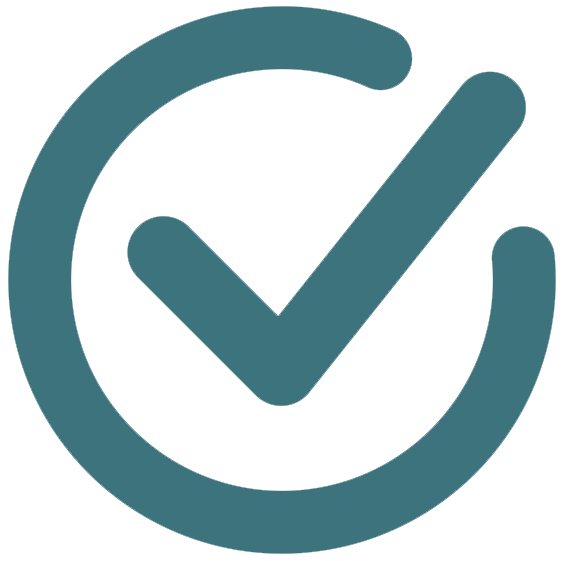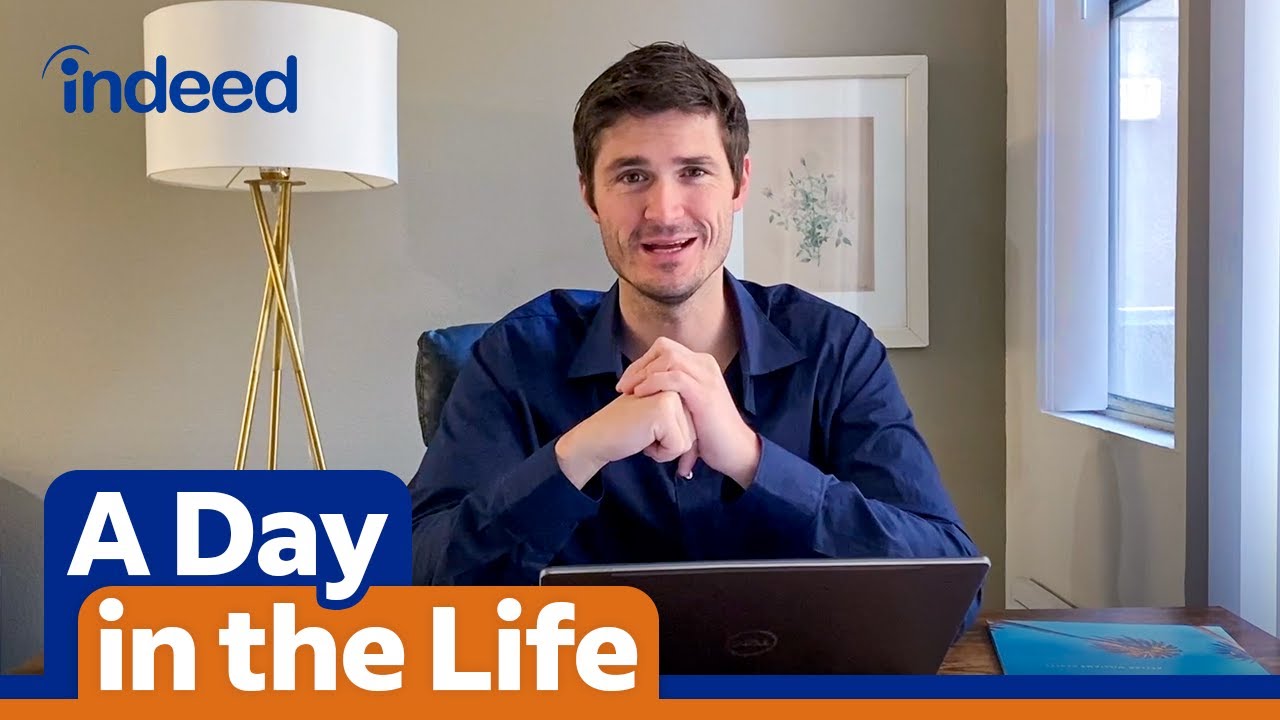
You will need to complete a course on New York realty laws, regardless of whether you are an experienced agent or a novice. You will need to find a broker willing to sponsor you.
Once you have successfully completed your course, you can schedule to take the NY real estate salesperson exam. You can schedule this exam through the eAccessNY website. This website is maintained by the NY Department of State. The fee for taking the exam is $15. If you decide to attend an in person exam, you will need a government-issued photo ID.
Before you can apply for a license, you will need to complete a 75-hour pre-licensing course. You can take the course online or in person. A Certificate of Completion will be awarded to you after you have passed the school's exam. Your Certificate of Completion will not expire until you have applied for a license.

To be approved for a job as a New York-based real estate agent, you must provide proof of your identity, educational background, and criminal records. You must have a highschool diploma, GED, and approved identification. A background check can take up to several weeks. A license can be denied to someone with a conviction for a felony, or any other crime. You may also be required to complete a Certificate of Good Conduct, which is issued by the NY Department of State. You may also qualify for a waiver.
The New York exam for real estate salespersons is a multiple choice test. It takes approximately 1.5 hours to complete. You must score at least 70% on the test to qualify for a real estate salesperson license in New York.
Once you have your New York real estate license, you can begin earning commissions on real estate deals. Your license must be renewed every two years. If your license is expired, you will have to take the exam again. The commission rate for New York real estate agents varies between brokers. Before you decide to become a real estate agent, it is important that you compare the commission rates of different brokerages. You should also speak to other real estate agents in the area to get feedback on how they think you can succeed.
A waiver is also possible if you are a former holder of a real-estate license in another country. Your official transcript will need to be submitted along with a letter asking for a waiver. Your application is approved by NY Department of State.

There are many factors that affect the time taken to become New York's real estate agent. The whole process can take anywhere from four to six months. Complete your course, schedule state exams, and submit paperwork to NYDOS.
FAQ
How can I repair my roof?
Roofs can leak because of wear and tear, poor maintenance, or weather problems. For minor repairs and replacements, roofing contractors are available. Contact us for more information.
Can I purchase a house with no down payment?
Yes! There are many programs that can help people who don’t have a lot of money to purchase a property. These programs include FHA, VA loans or USDA loans as well conventional mortgages. You can find more information on our website.
How many times may I refinance my home mortgage?
It depends on whether you're refinancing with another lender, or using a broker to help you find a mortgage. Refinances are usually allowed once every five years in both cases.
Statistics
- When it came to buying a home in 2015, experts predicted that mortgage rates would surpass five percent, yet interest rates remained below four percent. (fortunebuilders.com)
- It's possible to get approved for an FHA loan with a credit score as low as 580 and a down payment of 3.5% or a credit score as low as 500 and a 10% down payment.5 Specialty mortgage loans are loans that don't fit into the conventional or FHA loan categories. (investopedia.com)
- Some experts hypothesize that rates will hit five percent by the second half of 2018, but there has been no official confirmation one way or the other. (fortunebuilders.com)
- This means that all of your housing-related expenses each month do not exceed 43% of your monthly income. (fortunebuilders.com)
- Private mortgage insurance may be required for conventional loans when the borrower puts less than 20% down.4 FHA loans are mortgage loans issued by private lenders and backed by the federal government. (investopedia.com)
External Links
How To
How to manage a rental property
Although renting your home is a great way of making extra money, there are many things you should consider before you make a decision. These tips will help you manage your rental property and show you the things to consider before renting your home.
Here are some things you should know if you're thinking of renting your house.
-
What is the first thing I should do? Before you decide if you want to rent out your house, take a look at your finances. If you have any debts such as credit card or mortgage bills, you might not be able pay for someone to live in the home while you are away. Check your budget. If your monthly expenses are not covered by your rent, utilities and insurance, it is a sign that you need to reevaluate your finances. You might find it not worth it.
-
What is the cost of renting my house? There are many factors that go into the calculation of how much you can charge to let your home. These factors include your location, the size of your home, its condition, and the season. Prices vary depending on where you live so it's important that you don't expect the same rates everywhere. Rightmove reports that the average monthly market price to rent a one-bedroom flat is around PS1,400. If you were to rent your entire house, this would mean that you would earn approximately PS2,800 per year. This is a good amount, but you might make significantly less if you let only a portion of your home.
-
Is this worth it? You should always take risks when doing something new. But, if it increases your income, why not try it? It is important to understand your rights and responsibilities before signing anything. Renting your home won't just mean spending more time away from your family; you'll also need to keep up with maintenance costs, pay for repairs and keep the place clean. These are important issues to consider before you sign up.
-
Are there any advantages? So now that you know how much it costs to rent out your home and you're confident that it's worth it, you'll need to think about the advantages. Renting your home is a great way to get out of the grind and enjoy some peace from your day. It's more fun than working every day, regardless of what you choose. Renting could be a full-time career if you plan properly.
-
How do I find tenants After you have decided to rent your property, you will need to properly advertise it. You can start by listing your property online on websites such as Rightmove and Zoopla. After potential tenants have contacted you, arrange an interview. This will help to assess their suitability for your home and confirm that they are financially stable.
-
How can I make sure I'm covered? If you're worried about leaving your home empty, you'll need to ensure you're fully protected against damage, theft, or fire. You will need to insure the home through your landlord, or directly with an insurer. Your landlord will usually require you to add them as additional insured, which means they'll cover damages caused to your property when you're present. If your landlord is not registered with UK insurers, or you are living abroad, this policy doesn't apply. In such cases, you will need to register for an international insurance company.
-
If you work outside of your home, it might seem like you don't have enough money to spend hours looking for tenants. You must put your best foot forward when advertising property. It is important to create a professional website and place ads online. You'll also need to prepare a thorough application form and provide references. Some prefer to do it all themselves. Others hire agents to help with the paperwork. You'll need to be ready to answer questions during interviews.
-
What should I do once I've found my tenant? If you have a contract in place, you must inform your tenant of any changes. If you don't have a lease, you can negotiate length of stay, deposit, or other details. Keep in mind that you will still be responsible for paying utilities and other costs once your tenancy ends.
-
How do you collect rent? You will need to verify that your tenant has actually paid the rent when it comes time to collect it. You'll need remind them about their obligations if they have not. Any outstanding rents can be deducted from future rents, before you send them a final bill. If you are having difficulty finding your tenant, you can always contact the police. They will not normally expel someone unless there has been a breach of contract. However, they can issue warrants if necessary.
-
How do I avoid problems? It can be very lucrative to rent out your home, but it is important to protect yourself. Consider installing security cameras and smoke alarms. It is important to check that your neighbors allow you leave your property unlocked at nights and that you have sufficient insurance. You should never allow strangers into your home, no matter how they claim to be moving in.